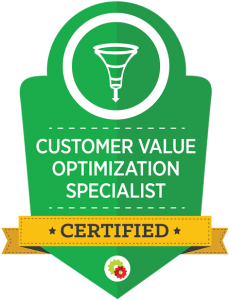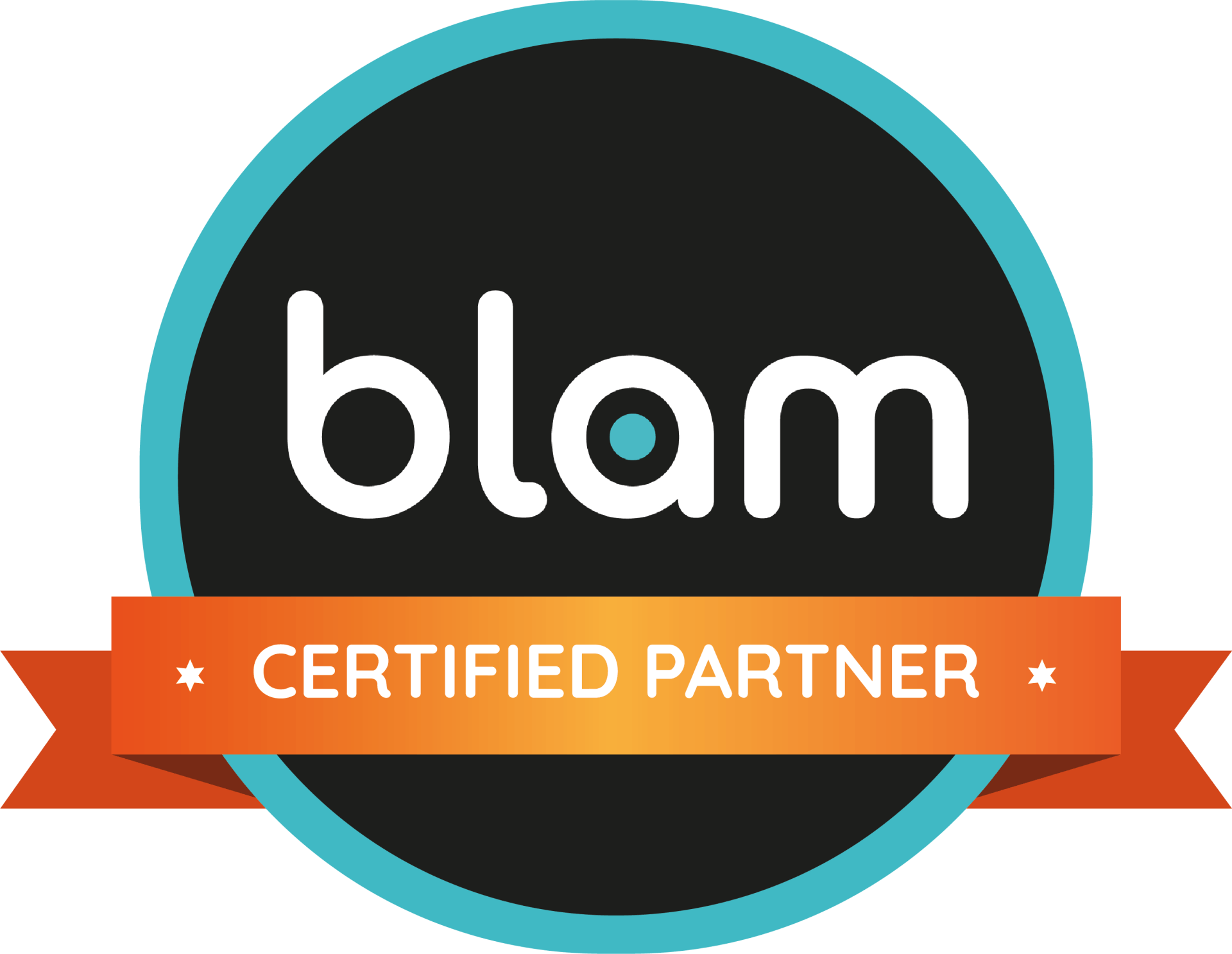Local SEO: How to Optimise for Local Search Results
How to Optimise for Local Search Results

Hey there, fellow small business owner! In this post, we're diving into the world of local SEO. As a digital marketer living and working in Ireland, I understand the importance of mastering local SEO to help your business thrive. Let's get started! 🌍
What is Local SEO?
Local SEO is crucial for your business because it involves optimising your online presence to attract more customers from relevant local searches. Think of it as the secret sauce that can make your online presence shine in your community. 💫
Key Elements of Local SEO
To succeed in local SEO, you need to focus on the following aspects:
- Google My Business: Claim and optimise your Google My Business listing to improve your visibility on Google Maps and local search results.
- Local Citations: Ensure your business name, address, and phone number (NAP) are consistent across all online directories and local listings.
- Online Reviews: Encourage satisfied customers to leave positive reviews on platforms like Google, Yelp, and Facebook.
- Local Keywords: Use location-specific keywords in your website content and meta tags to improve your local search rankings.
- Mobile Optimisation: Ensure your website is mobile-friendly, as many local searches are conducted on mobile devices.
Top Local SEO Tips
- Optimise Google My Business: Complete your profile, add photos, update your business hours, and respond to reviews to improve your ranking in local search results.
- Build Local Citations: List your business on relevant local directories and ensure your NAP information is accurate and consistent.
- Generate Online Reviews: Ask happy customers to leave reviews and respond to them promptly to build trust and credibility.
Tools and Resources for Local SEO
Don't worry, you don't have to do it all alone. There are plenty of tools and resources to help you with local SEO. Here are a few of my favourites:
- Google My Business: Manage your business listing and track your performance in local search results.
- Moz Local: Check your business listings across various directories and ensure your NAP information is consistent.
- BrightLocal: Track your local search rankings, manage your online reviews, and audit your local citations.
Conclusion
And there you have it! The key takeaways for mastering local SEO. Remember, if you need help with SEO, social media management, content writing, PPC, email marketing, CRO, or CMS system services, don't hesitate to reach out. We're here to help you grow your business. 🚀
Contact Us












